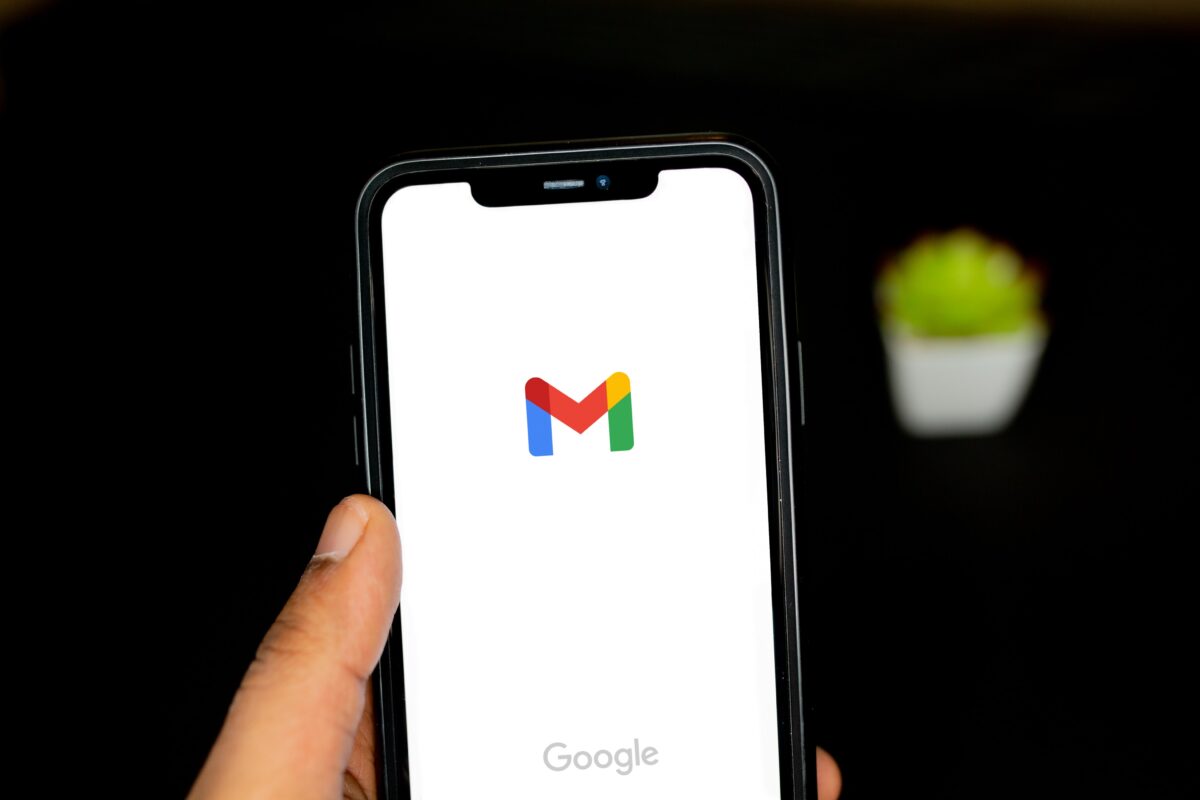What is brand marketing? As brand marketing experts, we think it’s best to start with what brand marketing is not: you can’t just create an eye-catching logo and think you have a successful brand. It doesn’t work that way.
Brand marketing refers to marketing for your story not your products or services. Selling who you are and what you stand for. It’s the communication of your company’s unique purpose and drive to an audience that is likely to benefit from your products or services. Your brand is what makes you different.
Brand marketing is also about finding your tribe, the right fit of customers for what you have to sell. It’s not about tricking people into buying from you because you have celebrity endorsement. Such trickery or having a ‘fad’ aspect to your business cannot last and is therefore not a true part of your brand. Your business must have a genuine purpose for existing, which is with you forevermore.
Understanding why brand marketing is essential not only helps businesses cultivate lasting connections and foster loyalty but also enables them to differentiate themselves in a competitive marketplace.
It is equally important to explore brand marketing terms for crafting a strategic communication plan that resonates with your target audience. In a rapidly evolving market, it becomes imperative to generate inventive brand marketing ideas to stay ahead and captivate your audience’s attention.
By keeping abreast of current brand marketing trends, you also ensure sustained relevance in the ever-changing business landscape.
Brand marketing vs. transactional marketing
We’ve explored what brand marketing is and what it isn’t. Authenticity and staying true to what your company stands for are critical elements to brand marketing and phrases we’ll return to. Let’s take this brand marketing example:
A branding expert has a mission to help small businesses display their message more maturely. The marketing director gives a speech at a marketing conference with easy-to-implement tips on how small businesses can start working toward brand maturity right now.
This is staying true to the company’s ethos. It makes sense. It’s brand marketing.
By analyzing successful brand marketing examples like these, you gain valuable insights into effective storytelling and differentiation strategies.

Transactional marketing, on the other hand, centers around appearing in places where people are looking for a specific product or service, like selling a widget on Amazon. This form of marketing is about quick, efficient volume sales with absolutely no relationship at all with the customer.
Is one method of marketing better than the other? That depends on what you’re looking to achieve.
The issues with transactional marketing:
- It doesn’t support brand loyalty
- You’re competing against a number of other businesses
- Your message doesn’t come through
- Growth becomes less predictable
Why do so many people focus on transactional marketing?
- It’s easier for people to understand
- You can see some results quicker
- It’s easier to create clear ROI metrics
- Brand marketing is a true leap of faith and takes time to develop as you need to build a community of customers to grow sustainably: but all your favorite brands have taken this approach where few businesses have excelled with a purely transactional approach
The problem is that transactional marketing doesn’t promote long-term sustainability, it’s mostly about that first sale. Lots of transactional brands don’t get repeat purchases because there are no barriers to competitors coming in and stealing their competitive advantage, usually price or availability.

Effective brand marketing research is essential for understanding the nuanced preferences of your core audience, loyal customers demand an emotional connection to a brand, to feel that a brand understands their needs: is almost an extension of the way they see themselves.
Such a loyal customer base doesn’t just offer consistent sales, but the kind of invaluable advocacy where customers will shout your name from the rooftops and recommend your business to everyone they know. And that’s the kind of loyalty you just can’t buy, no matter how cheap your product or how quickly you can deliver.
As brand marketing experts, we believe that when you cater to your core audience and build an emotional connection such that your customers care about your brand, your brand strategy will pay dividends.









